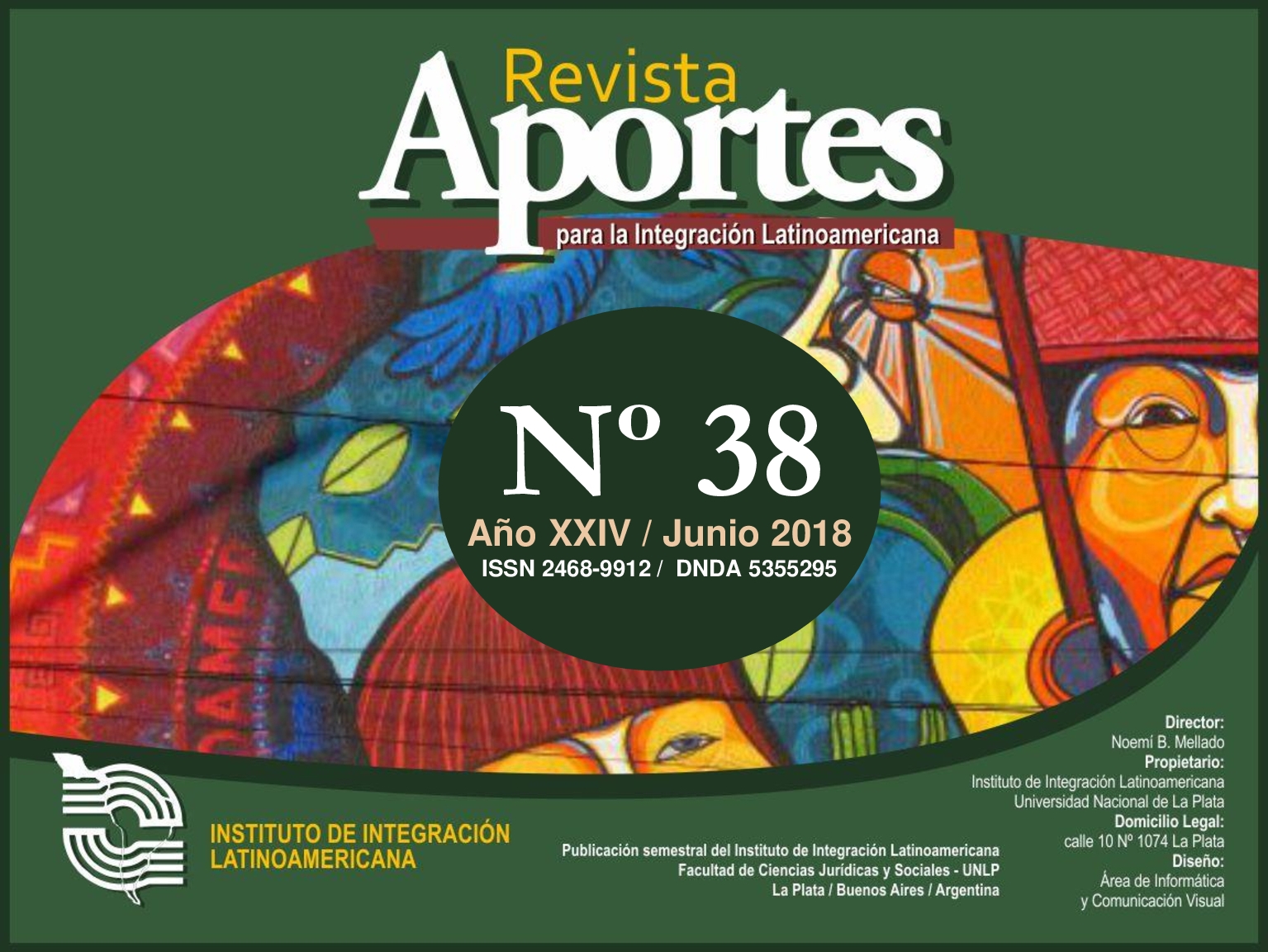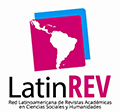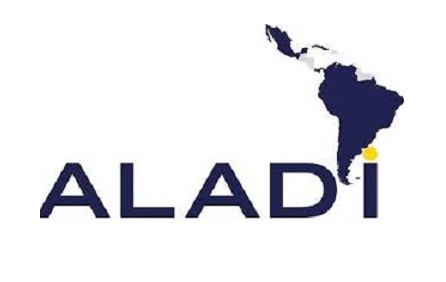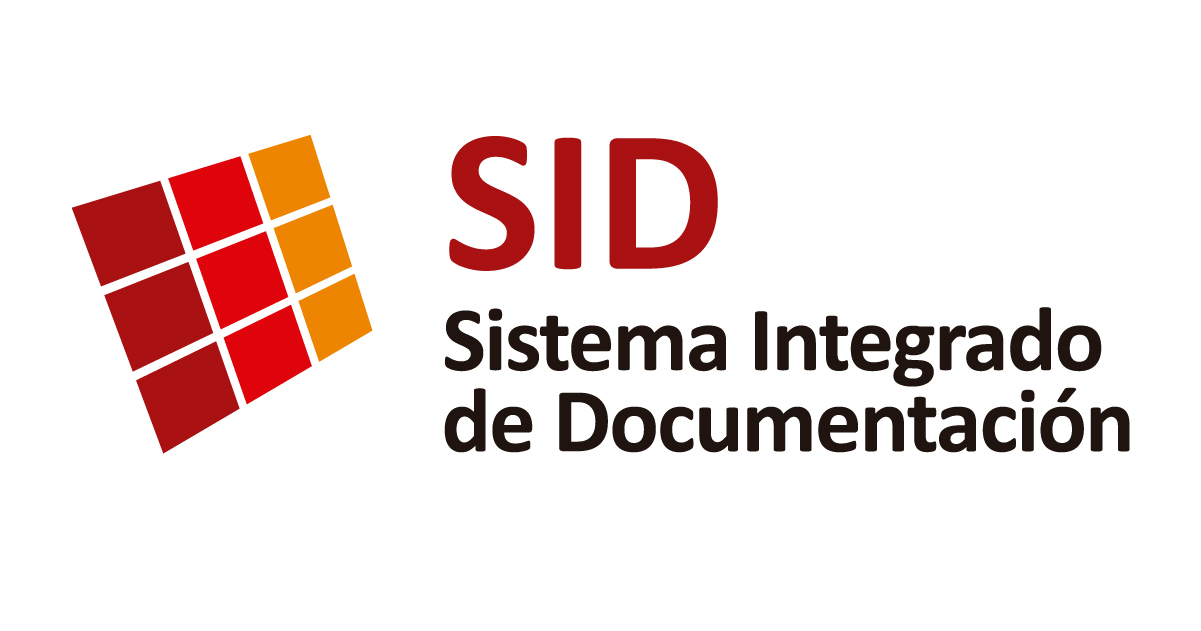The South American Health Council and the creation of a regional health regime
DOI:
https://doi.org/10.24215/24689912e010Keywords:
Union of South American Nations (UNASUR), South American Health Council, South American Institute of Government in Health (ISAGS)Abstract
This article addresses the main postulates of international regimes from the neoliberal theory and applies them to the case study of the South American Health Council (CSS By its initials in Spanish), of UNASUR, analyzing whether the developments of the latter can be considered as a regional health regime. The institutionalization process of the council and its subsidiary organisms are reviewed in detail with a qualitative methodology, whose primary sources are texts, foundational agreements and the interviews with people related to the topic. It is important the work of the CSS collecting information about the regional health and contributing to the decision making of health ministers in order to improve access to health for South Americans. This research argues that the dynamic that the CSS has created, especially with the establishment of the South American Institute of Government in Health, has generated certain characteristics of the international regimes. However, in the middle of this synergy does not appear a fundamental function of the regimes, and that is essential for its maintenance, namely: any way in which they can make it mandatory for the States to follow the agreements and in this way all the members increase the confidence towards the regime.
Downloads
Metrics
Downloads
Published
How to Cite
Issue
Section
License
Obras bajo licencia CC-BY-NC-ND
Esta licencia no permite la generación de obras derivadas ni hacer un uso comercial de la obra original, es decir, sólo son posibles los usos y finalidades que no tengan carácter comercial.


































